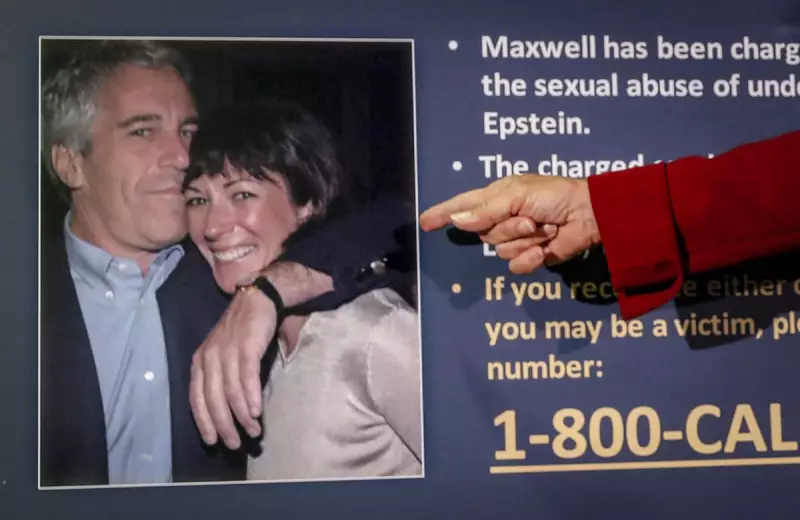
US Justice Department Intensifies Legal Battle Over Epstein Records
The US Justice Department has launched a fresh attempt to make public the grand jury materials from the investigation into disgraced financier Jeffrey Epstein. This new legal submission argues that recent action by Congress provides the necessary authority to unseal these sensitive court records.
Congressional Action Triggers Renewed Legal Push
The request, formally submitted by US attorney Jay Clayton for the Southern District of New York, contends that lawmakers made their intentions clear when they approved the release of investigative materials last week. Clayton's filing to the Manhattan federal court urges a prompt release, pointing to the 30-day window established after former President Donald Trump signed the measure into law.
The justice department's position is that this congressional action effectively overrides existing legal statutes that would typically keep such grand jury testimony confidential. This marks a significant escalation in the long-running legal dispute over transparency in the Epstein case.
Previous Judicial Resistance to Unsealing
This renewed effort comes despite previous rejections from the judiciary. Judge Richard Berman had denied a prior request from the Trump administration, citing what he described as a significant and compelling reason to keep the documents sealed.
In his August ruling, Berman noted that the 70 pages of grand jury transcripts and exhibits—including a PowerPoint presentation, call logs, and letters from victims—were minimal compared to the government's own extensive collection of over 100,000 pages of Epstein-related files. He characterised the focus on grand jury materials as a potential diversion from releasing documents already in government possession.
The judge emphasised that the primary concern was protecting the safety and privacy of victims, noting that the grand jury testimony largely consisted of an FBI agent's hearsay evidence rather than direct witness accounts.
Parallel Proceedings and Political Dimensions
A similar request to unseal grand jury testimony relating to the prosecution of Epstein's associate, Ghislaine Maxwell, was also rejected. Manhattan federal court judge Paul Engelmayer dismissed the notion that these materials contained significant undisclosed information, stating they definitively are not that.
The timing of Clayton's request is notable, coming shortly after his assignment to investigate Epstein's relationships with prominent Democrats. This development follows the firing of Maurene Comey, one of the lead prosecutors on the Epstein and Maxwell cases, and precedes a trip by deputy attorney general Todd Blanche to Florida to interview Maxwell.
When questioned about how the New York investigation into Epstein-Democrat connections might affect document releases, Attorney General Pam Bondi declined to comment, citing the pending investigation in the southern district of New York.





